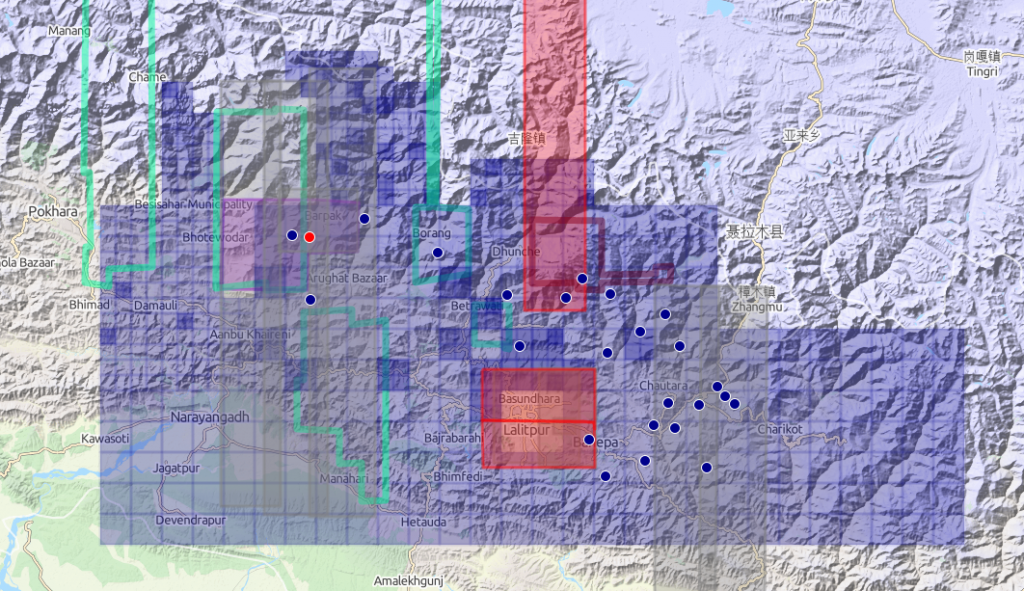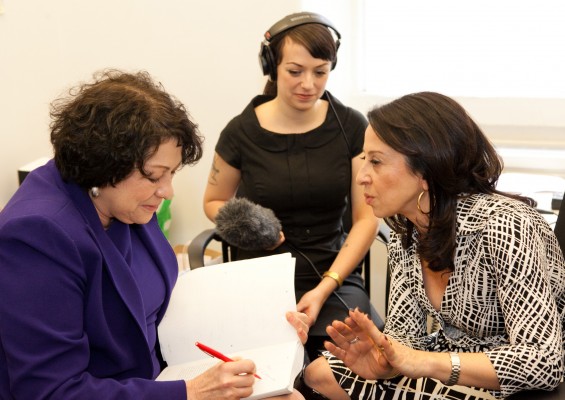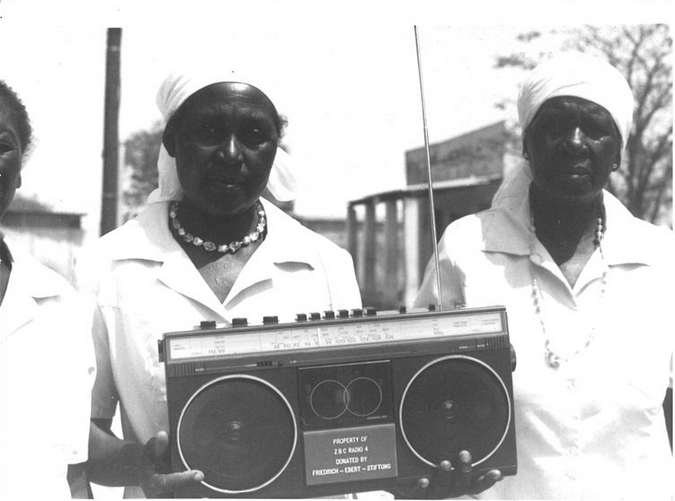Newsletter #12: sent!
(and archived if you missed it)
Work-wise: writing writing writing; participating in an interview; getting ready to pack; following resistance, surveillance and accountability via hashtag.
Links-wise: reimagining Black politics, sampling, Internet.org is not the Internet, Internet connections, the war of concepts, the spy in my pocket,Town Square, unity, Queen Latifah.
If you are not yet a subscriber: subscribe now!


